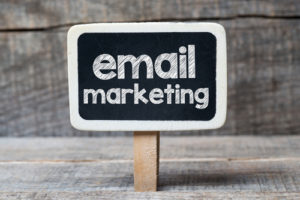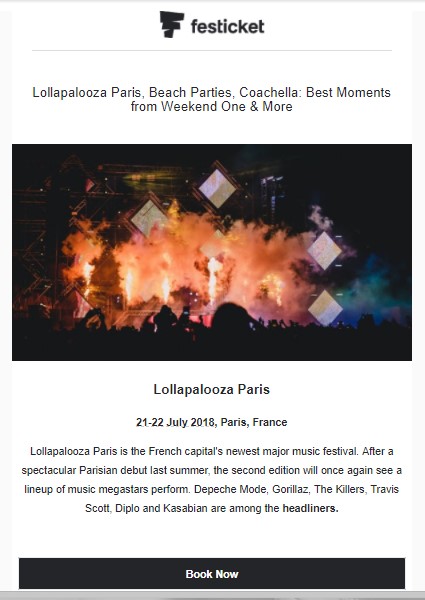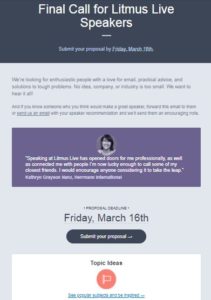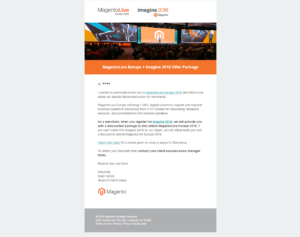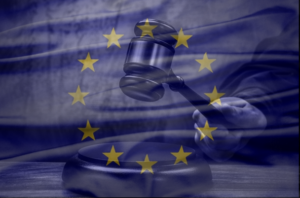
We know how important events are for associations and membership organisations. Not only do they provide the educational and networking opportunities their members want, but they are also a fundamental source of income for these organisations – and a great way of acquiring new members too.
Yet the current situation around the COVID-19 outbreak is driving many associations to redefine their event strategies and move their programme online. Some have already been doing this successfully for years. But for many others, virtual and hybrid events are entirely new concepts. And many are hesitant to take the leap into the unknown.
The reality is that running events online can create all sorts of new opportunities for associations to increase both revenue and membership engagement. And even if some are hesitant to adopt a full scale virtual event, it makes sense for them to start thinking about adding virtual components to their live events in the future because remote attendance will be with us long after COVID-19 is under control.
Here are five questions for you to consider when it comes to making your decision on running a virtual or hybrid event for your association:
1.Do You Want to Extend Your Reach?
Whether you’re running a virtual event or a physical one with a virtual element (hybrid), live streaming what is going on at your conference to people that cannot be at the physical (conference) location enables you to reach a larger audience. After all, there is only so much capacity that a physical venue can accommodate without running into capacity and Health & Safety issues – and this will only become more of a problem as we slowly shift to a new post-pandemic world.
One association has been livestreaming their annual conference for many years now. The overall membership they have runs to many thousands of members who are spread throughout the globe. Year on year the number of people who come to the physical event is around 1,000. This association has taken steps to engage their members through making livestreaming an avenue for members to join in. Through tracking their remote delegate stats, they have discovered what type of session works best and what subjects are popular.
2.Do You Worry About Charging Remote Attendance?
Delegates that attend conferences understand that they will need to pay for an admission ticket. After all, there is usually food and beverage available, then you have the networking opportunities and of course speakers need to be paid. But when it comes to virtual events, many event planners struggle with the idea of charging remote attendees.
Of course, it could be argued that remote delegates will not be able to enjoy the food and beverage or networking. But they are still able to access the great content of the various educational or knowledge sessions and that in itself has a value. Many virtual event platforms also have a range of tools that help people engage with sessions and make valuable connections with others much in the same way they would in a physical event.
The truth is that people are already used to paying for content online – so if you’re delivering engaging educational content that brings value to people, then they are usually willing to pay. The only thing you need to do is set a level of pricing that is easy to understand.
If you’re running hybrid events, you also need to consider the difference between those delegates that attend physically and those that participate remotely. Some virtual event plaforms like Eventsforce VCD can help you create personalised registration journeys for different types of attendees (in this case, remote and live audience) – so you can easily decide which registration questions, agendas, sessions, prices and packages are going to appear to which attendee.
3.Should I Have Experienced Online Host to Engage Remote Attendees?
Why an experienced online host? Well, because they can provide commentary, updates and reminders for your remote attendees. It also takes a completely different set of skills set to do this well online. The host becomes the link or the conduit for your remote delegates. They are the voice of, dedicated to and represent the needs and interests of the remote audience.
They add a dimension that will keep your remote delegates informed and engaged with all that is happening at your event as well as conducting interviews with ‘thought leaders’, speakers or delegates. The host can also be used to introduce pre-recorded video content and to manage dedicated Q&A sessions for the remote delegates.
4.Why Not have Sponsors for the Live Streamed Sessions?
Some associations will decide not to charge remote delegates to attend. Some associations will decide to charge. But, whatever the charging decision is, there is another opportunity for associations to increase their income through virtual and hybrid events. And that is through sponsorship.
The beauty of sponsoring livestreamed sessions is that after the event is over the on-demand recording of the session is still available to be played time and again. This is great news for sponsors as they suddenly have the opportunity of being promoted every time someone plays the session.
Associations could approach existing sponsors and offer them the opportunity of having their brand in front of a remote audience as well. For an extra fee of course.
Associations could approach new sponsors and offer just the ‘livestreaming’ sponsorship option.
Associations could break down all of the livestreamed sessions and target specific sponsors per session.
The opportunities for sponsorship are endless. What will work for an association will depend on what the overall strategic goals and objectives are. Sponsorship of livestreamed session has to align.
5. Do You Worry About Technology?
Every time you take a flight on a plane, step aboard a driver-less train or make a bank transfer you are putting yourself in the hands of technology. Some people will do these things without even considering the intricacies of the technology.
Livestreaming an event means that you also need to trust in the technology. Will it go wrong? Well it could. But then so could any technology. It is no different. Companies specialise in providing livestreaming technology and they remain in business because they are constantly developing improvements to make sure nothing falls over. It is not in their interest for your event to have a problem.
Trust in the technology and the providers of it. They do know what they are doing.
But to give you peace of mind, run through all the questions you have about failures, performance indicators and back up plans. The providers will be happy to answer all your questions.
Considering virtual events for your association? Eventsforce VCD combines registrations management, agendas, live streaming, networking and the ability to build lasting relationships with your delegates online. Book a demo to see whether it’s the right solution for your events or get in touch for a chat.

